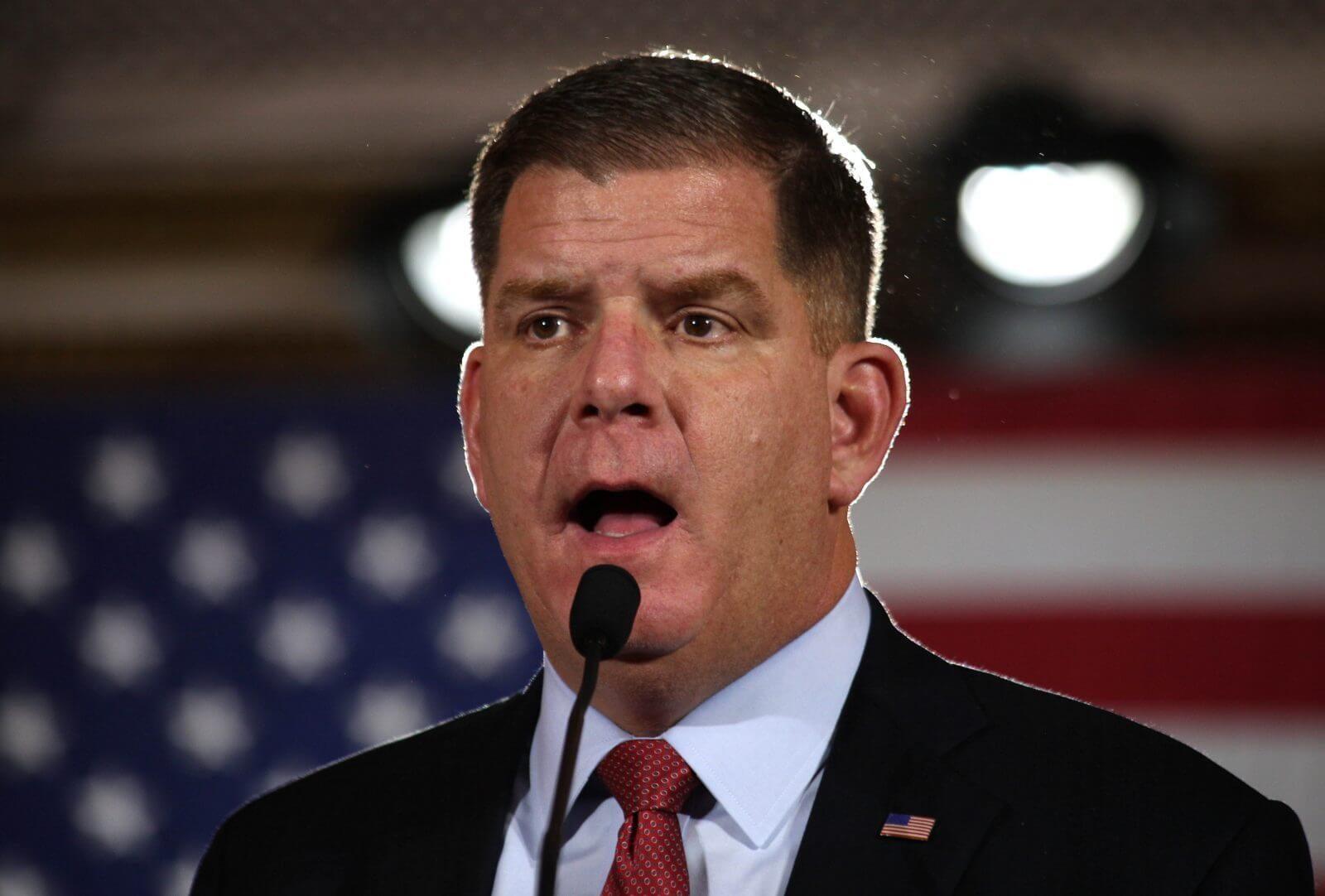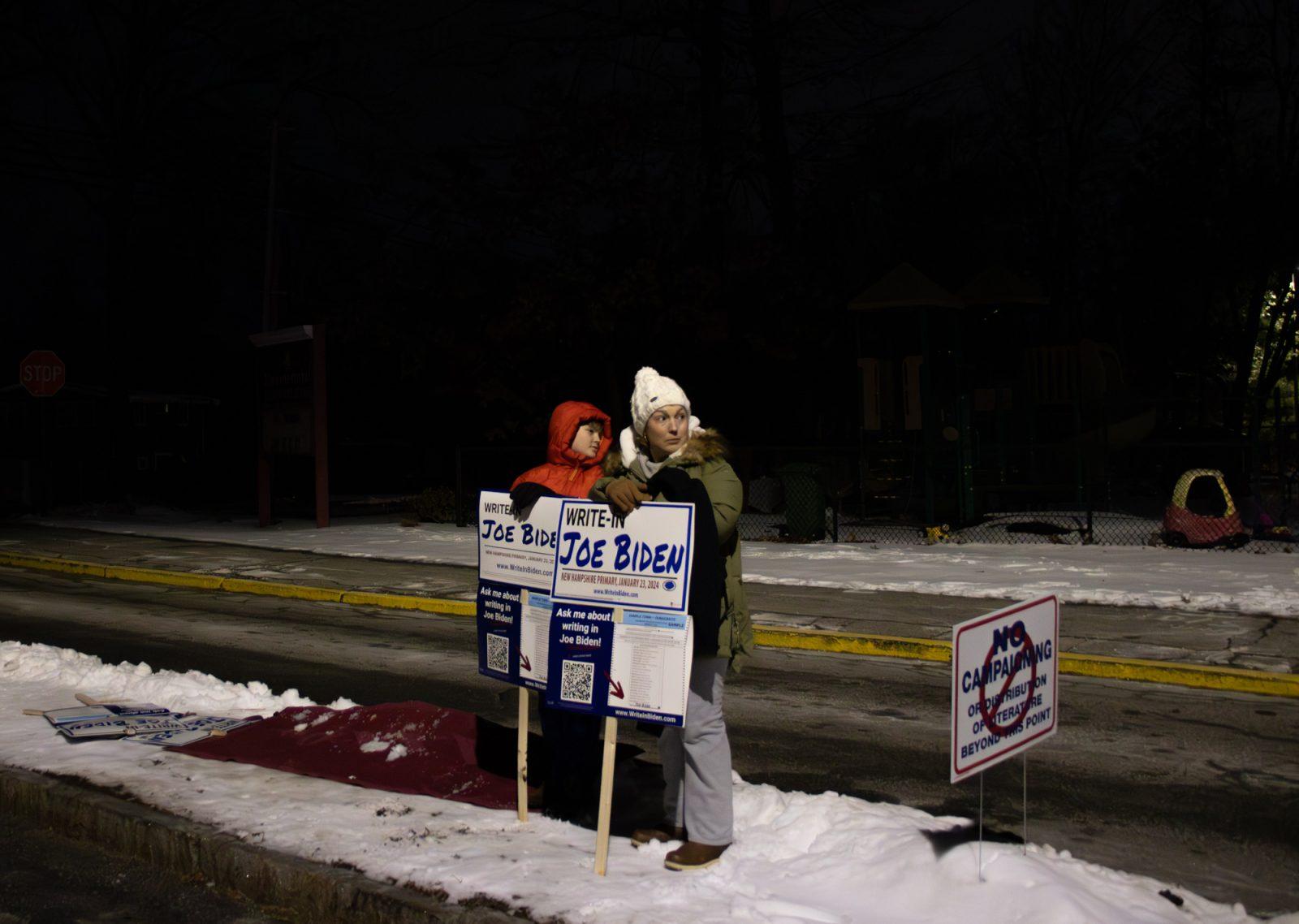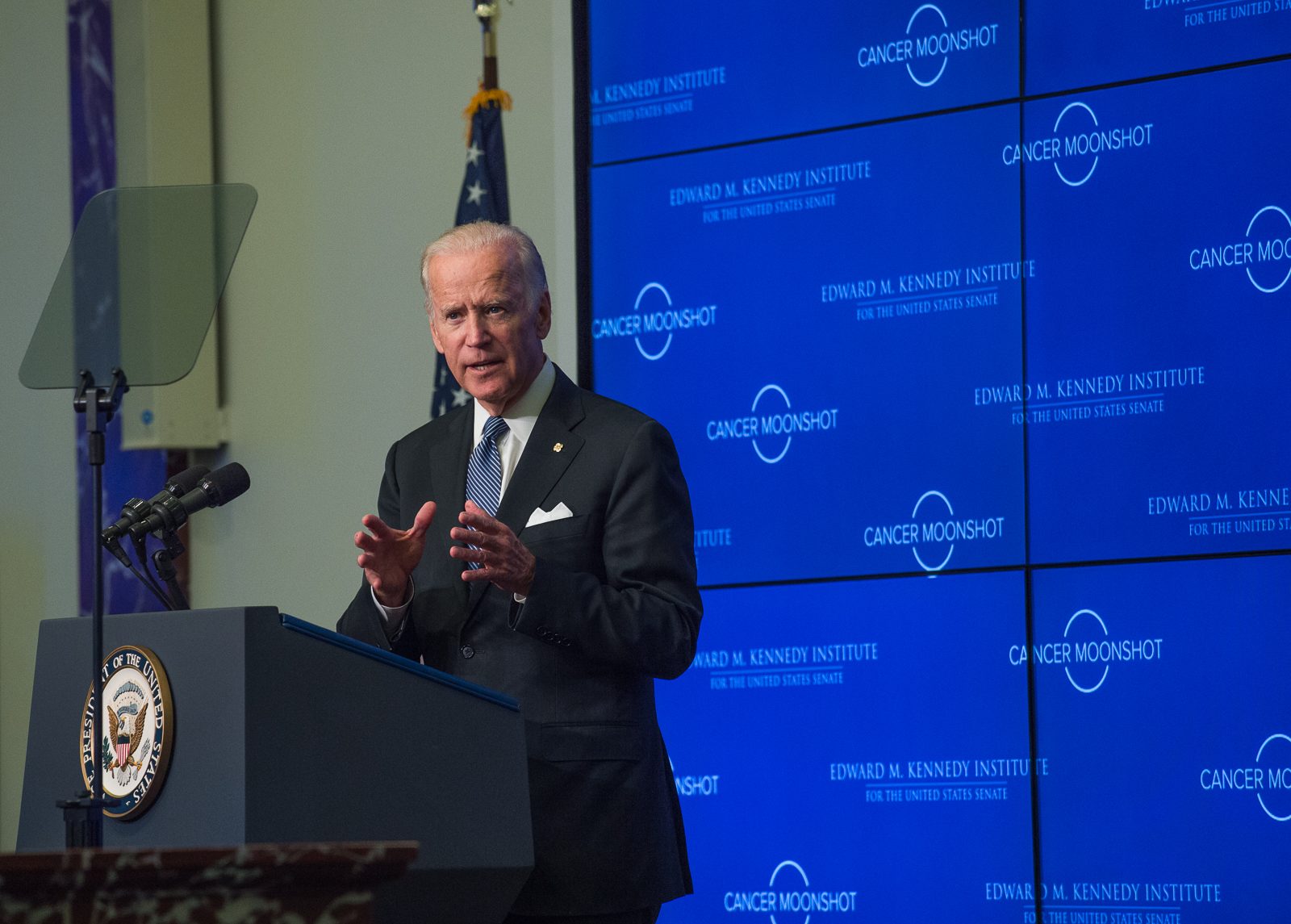Massachusetts’s plan to centralize transportation next January with the creation of MassDOT will streamline operations, share services and reduce costs, officials said.
‘Right now, you have the highway guys trying to figure out what to do with the highways,’ MassDOT Highway Integration Team member Terrance Regan said. ‘You have the transit guys trying to figure out what to do with transit. They are making decisions that aren’t coordinated.’
Regan spoke about the creation of a new Massachusetts Department of Transportation to about 40 Boston University students and locals at BU on Monday.
By January 2010, all Mass. Turnpike Authority assets and employees will be transferred to MassDOT and the Highway Division will be in charge of maintaining and operating all the major roads and bridges in the Commonwealth, Regan said.
Regan said the current system is broken.
‘From my perspective, we are dramatically under funding transportation,’ he said. ‘We have far too many potholes, we don’t fix enough things. If we have 12-year-old buses, people don’t want to ride them. We are enamored with new projects and are not well-grounded enough to fix what we have.’
In June, Governor Deval Patrick signed the legislation creating MassDOT to oversee four divisions: Highway, Mass Transit, Aeronautics and Registry of Motor Vehicles, according to a June 26 press release. MassDOT will be administered by a Secretary of Transportation and overseen by a Board of Directors appointed by the Governor.
Regan said there has been a disconnect between the public and transportation leaders. For example, he said, during the economic decline in the 1990s, Massachusetts stopped cleaning bridges during the winter to save money.
While spending the extra money to maintain the bridges seemed like a hefty expense in the short term, the resulting damage was far more costly ten years down the line, he said.
Streamlining transportation planning will be more efficient and cost-effective, Regan said. MassDOT has created a board that is in charge of labor relations, delegating authority and overseeing the Transportation Trust Fund.’ ‘
‘There’s now a direct relation between where you get money and how you spend it,’ Regan said in regard to the Transportation Trust Fund.
The state’s current focus on new projects is launching Massachusetts further into debt, making this fund an essential part of the reform, he said.
‘The Highway Department spends about $600 million a year on new construction, much of it borrowed, which just adds to the debt,’ Regan said.
Regan said he was surprised to find out how different the agencies are and admitted that combining them is not going to be easy. Most large-scale mergers tend to fail.
Starting Nov. 1, the Office of Performance Measurement will start tracking spending data more closely, Regan said.
‘You’re going to have a better idea of how you’ve spent your money and how you’re going to spend your money in the future,’ Regan said.
The audience, mainly BU City Planning and Urban Affairs graduate students participating in ‘The Edge,’ a program initiative to generate conversation about major planning issues, said they appreciated Regan’s realistic outlook on the reform.
‘Massachusetts considers itself a progressive state, yet Regan let people know what was really going on and exposed the inefficiencies of the state government,’ Graduate School of Arts and Sciences student Tom Nickerson said.
Former World Energy Solutions of Worcester employee Caroline Allison said she appreciated the presentation.
‘He was candid about planning and urban affairs and was honest that reality doesn’t always follow plan,’ she said.
Environmental Management and Sustainability Professor Kurt Gaertner also said he liked Regan’s realistic yet hopeful approach.
‘I think it will provide the reform necessary to move ahead,’ Gaetner said. ‘Will it be perfect? No. It will take a while.”


























































































































